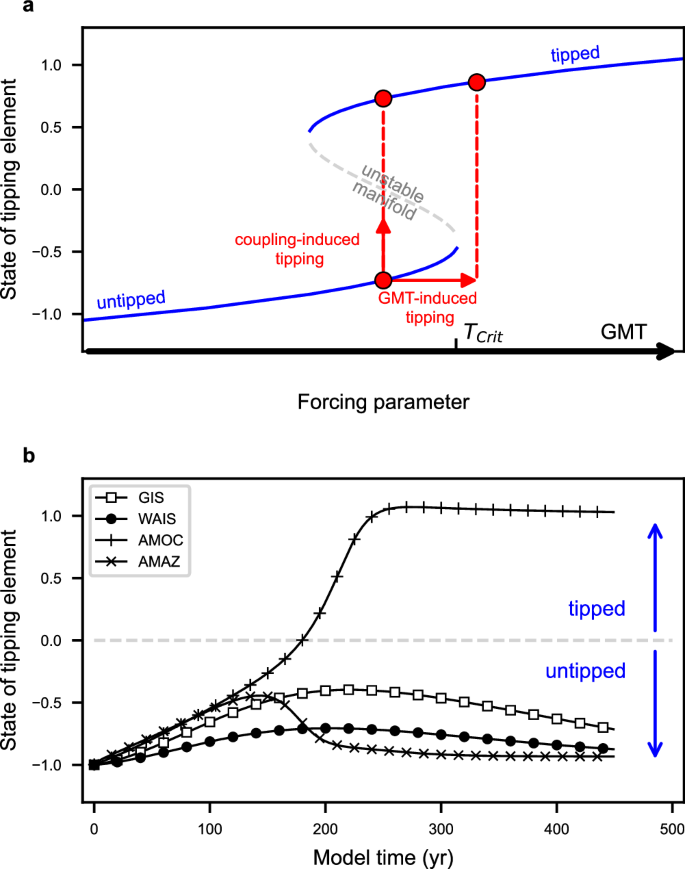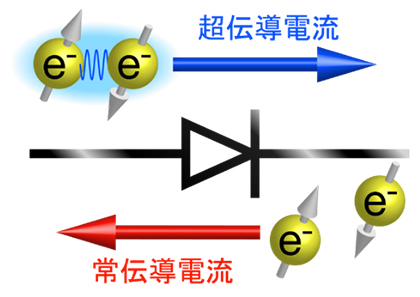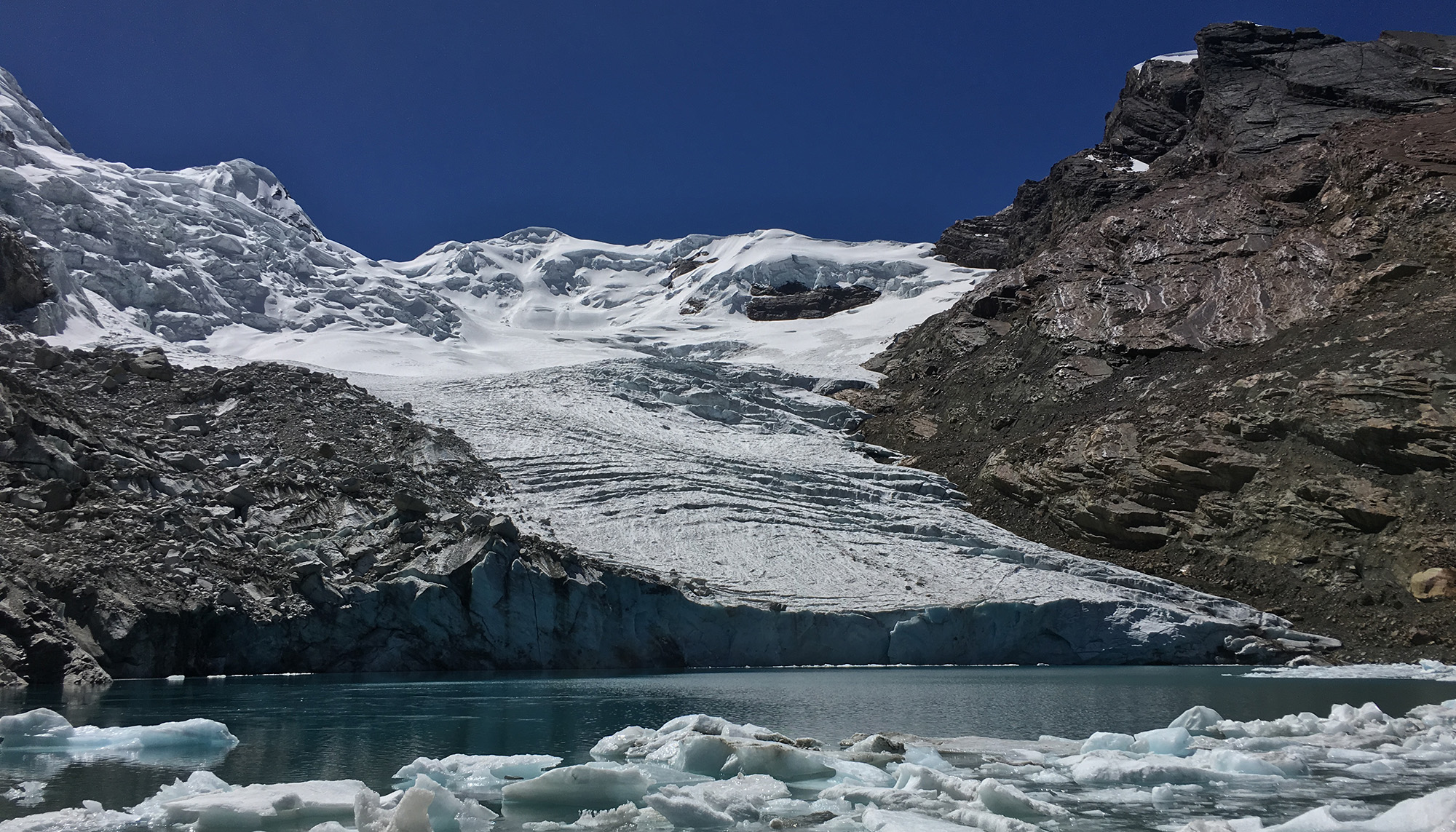2024-08-01 ゲーテ大学
◆Nature Communicationsに発表された新しい研究によれば、このリスクは温暖化が迅速に逆転されれば最小化できます。そのため、今後10年間の排出削減が地球システムの安定にとって極めて重要です。研究はグリーンランド氷床、西南極氷床、大西洋子午面循環、アマゾン熱帯雨林の4つの気候ティッピング要素に焦点を当て、1.5°Cの超過がこれらの要素の不安定化リスクを高めることを示しています。特に、2°Cを超える温暖化はリスクを急激に増大させるため、パリ協定の気候目標を達成し、温暖化を2°C以下に抑えることが必要です。
<関連情報>
- https://aktuelles.uni-frankfurt.de/english/new-study-shows-that-tipping-risks-from-overshooting-1-5-c-can-be-minimized-if-warming-is-swiftly-reversed/
- https://www.nature.com/articles/s41467-024-49863-0
温室効果ガス排出量ネットゼロの達成は気候変動リスクの抑制に不可欠 Achieving net zero greenhouse gas emissions critical to limit climate tipping risks
Tessa Möller,Annika Ernest Högner,Carl-Friedrich Schleussner,Samuel Bien,Niklas H. Kitzmann,Robin D. Lamboll,Joeri Rogelj,Jonathan F. Donges,Johan Rockström & Nico Wunderling
Nature Communications Published:01 August 2024
DOI:https://doi.org/10.1038/s41467-024-49863-0

Abstract
Under current emission trajectories, temporarily overshooting the Paris global warming limit of 1.5 °C is a distinct possibility. Permanently exceeding this limit would substantially increase the probability of triggering climate tipping elements. Here, we investigate the tipping risks associated with several policy-relevant future emission scenarios, using a stylised Earth system model of four interconnected climate tipping elements. We show that following current policies this century would commit to a 45% tipping risk by 2300 (median, 10–90% range: 23–71%), even if temperatures are brought back to below 1.5 °C. We find that tipping risk by 2300 increases with every additional 0.1 °C of overshoot above 1.5 °C and strongly accelerates for peak warming above 2.0 °C. Achieving and maintaining at least net zero greenhouse gas emissions by 2100 is paramount to minimise tipping risk in the long term. Our results underscore that stringent emission reductions in the current decade are critical for planetary stability.



